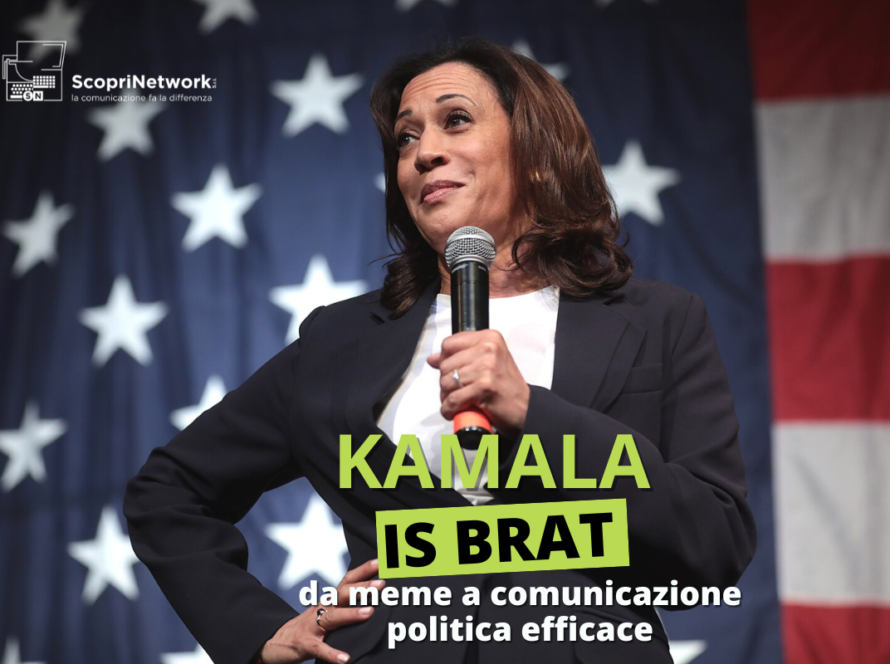With the rise of the internet, came the birth of influencers. This new profession doesn’t require any specific talent or effort, but wealth. Not in the traditional sense, influencers deal in a new form of currency: likes, comments and views.
As often happens in late-stage-capitalism, big advertisers rushed to take advantage of social media, flooding platforms like Facebook, Instagram and Youtube with cash that, in turn, had to be in part given out to influencers who were driving the most traffic to the sites. The result is a gold rush in which people are constantly seeking shortcuts to drive engagement and profit from advertising and sponsored posts. With the rise of generative AI the problems have escalated to the point that some people believe that most posts, likes and comments are artificially generated.
“Dead” influencers
The dead internet theory first appeared online in 2016/2017. The idea is that the internet today is mostly “inhabited” by bots that use AI to write, create and comment on posts. Essentially, bots create posts under which bots comment and debate each other. Now that generative AI has become more widely available it seems the theory may be eerily accurate.
So-called “click farms” are becoming more and more popular in China. These farms are made out of hundreds of smartphones hooked up to one computer and, according to an article posted on Yahoo Finance, «are programmed to promote apps by imitating a real user by searching for certain keywords, clicking on the app, downloading, and even writing positive reviews».
This is happening across all platforms, the worst being probably Facebook. In fact, the social media website shut down more than 5 billion fake accounts in 2019 alone. Today the problem is just as bad, if not worse, with a slew of AI generated images constantly being posted and showcased on the feed along with bots commenting underneath to drive engagement.
It shouldn’t be surprising if advertisers are opting to distance themselves from traditional influencers as the data their fame is based on could easily be bloated and empty. Followers, likes and views become meaningless when there’s actually no one behind those accounts.
Instead of traditional influencers, brands want to invest in long-term ambassadors who can deliver more in-depth and strategic advertisement.
The rise of content creators
TikTok, the perfect blend of social media and entertainment, has delivered the final blow to influencers. Advertisers today are less interested in superficial numbers and prefer collaborating with people based on talent. Despite TikTok’s numbers still being extremely inflated, creators are able to cultivate a loyal fanbase by delivering quality content.
Although the internet may not yet be completely infested with bots and AI content, it’s clear that that’s the direction it’s heading in. Platforms like Facebook, X and Instagram aren’t putting a stop to this content as they still profit from this false engagement and bloated numbers. What truly is worrying, however, is how this tidal wave of cheap AI content is drowning out all the talented artists and creators who actually deserve the attention and compensation.





